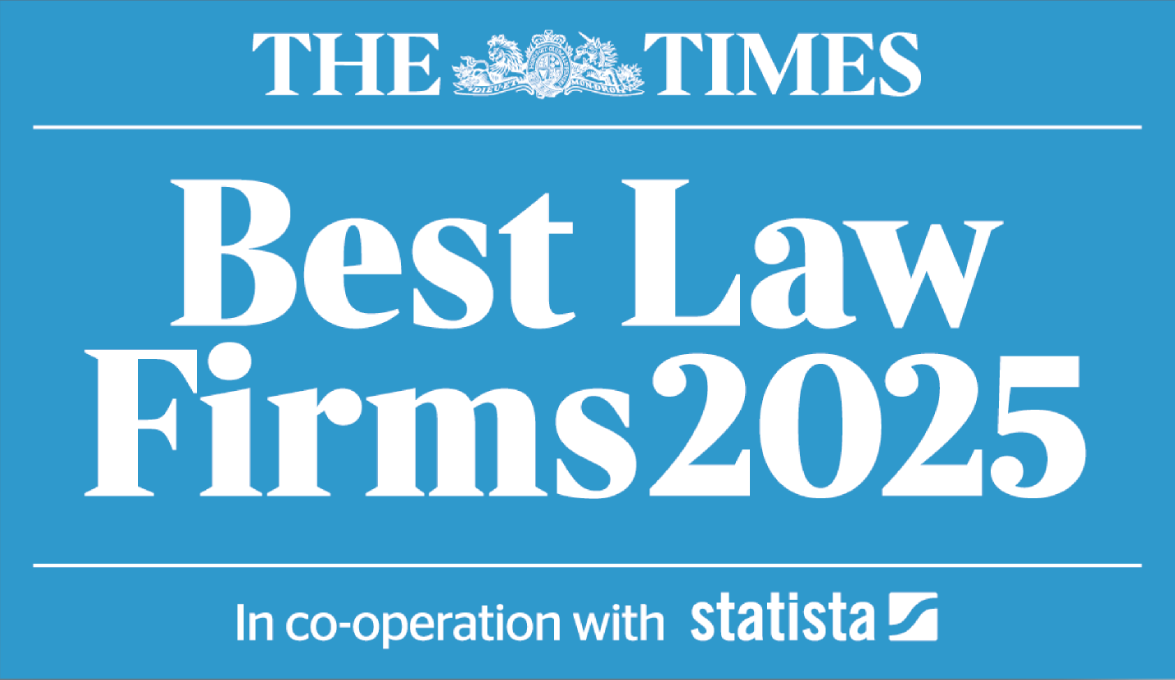Miles Herman is a clever, understated lawyer who is at the top of his game.
What a person dies, all property and assets to which they own, including property held jointly, will form part of their estate for distribution. This can form a daunting task of locating and valuing assets. Depending on the type of property or asset, the rules for distribution can differ.
Generally speaking, all assets not accounted for in the Will left behind after tax liabilities and debts are settled are included in the estate for distribution, unless the Will is contested. Exceptions exist where a living trust has been established.
The debts, liabilities and expenses that must be accounted for prior to distribution include loans, credit card bills and mortgages. Reasonable funeral expenses can also be deducted from the estate.
Any property owned outright by the deceased will form part of the estate, unless directed towards a specific named beneficiary.
Joint Tenancies and Tenancies in Common
Where the deceased owned property as part of a joint tenancy, ownership will pass by default to the surviving joint owner. Where the interest is a tenancy in common, involving two or more persons, the deceased’s Will determines to whom the share is passed. If no Will exists, the rules of intestacy determine where the share vests.
Bank accounts held jointly will pass to the surviving joint owner, regardless of what the Will says or the default rules on intestacy.
Life insurance policies with a named beneficiary will not form part of the estate.
Property that is placed in a living trust for beneficiaries is shielded from being included in the estate. Instead, it will vest in the named beneficiaries in the trust deed. Living trusts can be revocable or irrevocable in nature. If a testator or testatrix anticipates transferring assets from the living trust into their estate, or vice versa, it is preferable to use a revocable trust.
Our solicitors have extensive experience in handling matters relating to trusts, HMRC and tax implications, Power of Attorney and business advice. Our client base is not only domestic, but international, meaning we are well placed to advise on situations where a deceased either had assets overseas or their primary domicile was not in the UK.
We offer a tailored approach that explores and addresses the personal circumstances of our clients. Contact our Wills and Probate Lawyers today on 020 7387 2032 or complete our online enquiry form.


Book a
confidential
consultation
Miles Herman is a clever, understated lawyer who is at the top of his game.
Richard McConnell carried out conveyance for my family on 4 London flats, 1 sale and 3 purchases. In each instance he was excellent. The attention to detail and communication throughout the process was perfect. I have recommended Richard to several family members and friends who have been extremely pleased. I would have no hesitation in using Richard McConnell and Lewis Nedas in the future should the need arise.
I wanted to take the opportunity as well to thank you for everything that you have done on this case. The result that we got on Monday will have a massive positive impact not only on my life but the lives of all my family including that of my own son. I personally was struggling to hold back the tears when the sentence was being delivered by the judge and I know my father and sister felt the same too. It must be fantastic to work in a way that can have such a positive impact on people’s lives and I want you to know how much it all means to us all. Thanks a million and good luck with all that you do going forward.
Lewis Nedas advised me in a serious case of insider dealing. The lead solicitor dealing with my case was Jeffrey Lewis, who impressed me with his quick grasp of the very complex circumstances. His in-depth knowledge of how the City really works and his long experience of serious financial crime gave me great confidence. But it was also his friendly and supportive attitude, and readiness to take calls (or return them promptly if he was in court) which was very reassuring. I was delighted with the positive result of the case, and the speed and efficiency with which it was handled.
Lewis Nedas Law Limited, led by Jeffrey Lewis, is known as ‘an exceptional firm with a strong team of talented and expert criminal lawyers’. The practice offers a wide range of high-end legal services, including on cases concerning espionage, terrorism, and murder. Siobhain Egan has strong experience in multi-jurisdictional matters; recent highlight engagements concern organ trafficking and terrorism financing, among other matters. Unan Choudhury is noted for his work regarding espionage and murders, while Keith Wood is an expert in High Court contempt proceedings which arise from criminal activity. Other key figures include Miles Herman, who represents clients in complex litigations.
Hands on partner involvement leading a dynamic team who like to think out of the box. Results driven. Clear strategies. They can go toe to toe with the big “City” firms.



